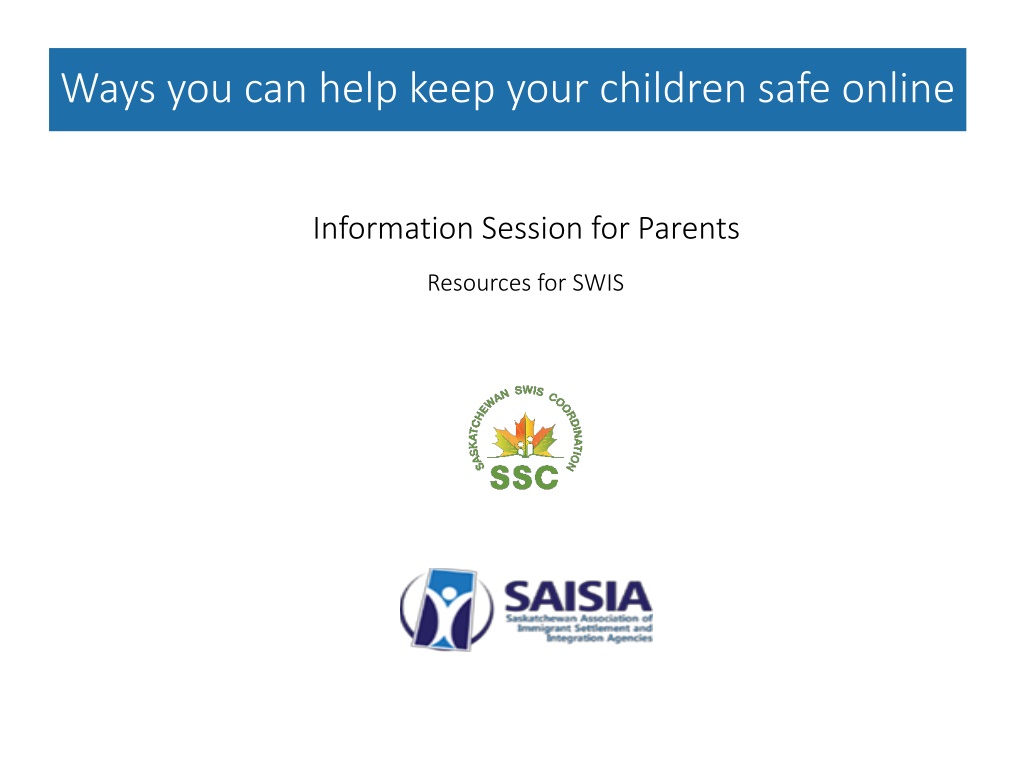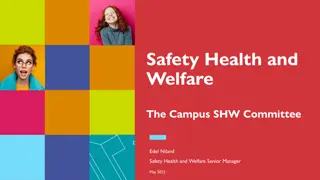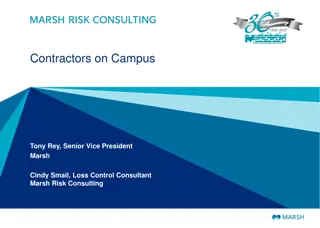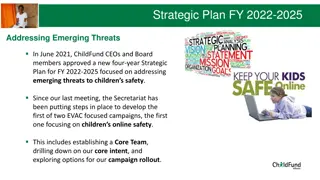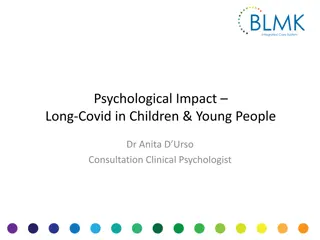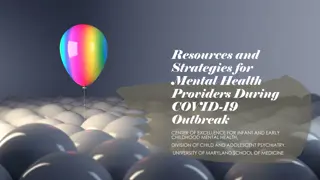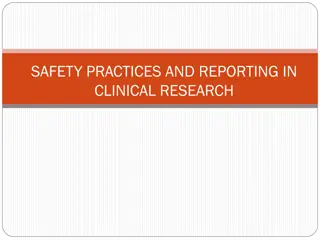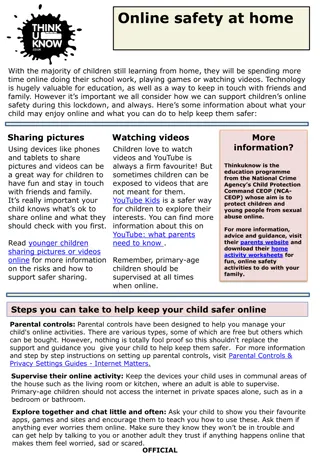Ensuring Online Safety for Children during COVID-19
Amid the COVID-19 pandemic, children are spending more time online, posing new challenges for parents. This article provides tips on safeguarding children online, using safe resources, spending quality time online with children, and addressing cyberbullying issues. It also highlights the effects of cyberbullying on children's mental, emotional, and physical well-being.
Download Presentation

Please find below an Image/Link to download the presentation.
The content on the website is provided AS IS for your information and personal use only. It may not be sold, licensed, or shared on other websites without obtaining consent from the author.If you encounter any issues during the download, it is possible that the publisher has removed the file from their server.
You are allowed to download the files provided on this website for personal or commercial use, subject to the condition that they are used lawfully. All files are the property of their respective owners.
The content on the website is provided AS IS for your information and personal use only. It may not be sold, licensed, or shared on other websites without obtaining consent from the author.
E N D
Presentation Transcript
Ways you can help keep your children safe online Information Session for Parents Resources for SWIS
Ways you can help keep your children safe online If your family is stuck at home during the coronavirus disease (COVID-19) outbreak, it s likely your children are spending a lot more time online. School, chats with friends and grandparents, even music lessons so much has shifted online. Being connected helps children and teenagers reduce the impact of this new (temporary) normal and encourages them to continue with their lives. But it also presents a new set of challenges for every parent. How can you maximize all that the internet has to offer, while minimizing the potential harm? It s not an easy balance on a normal day, let alone when facing a health crisis like COVID-19.
Use the safe online resources for your child You can protect your children by using technology Check that your child s device and make sure that privacy settings are on. Keep webcams covered when not in use. For younger children, tools such as parental controls, including safe search, can help keep online experiences positive. Be cautious of free online educational resources. Your child should never have to provide a photo or their full name to use these resources. Remember to check the privacy settings to minimize data collection. Help your child learn to keep personal information private, especially from strangers.
Tips for Parents Spend time with your child online Create opportunities for your child to have safe and positive online interactions with friends, family and you. Connecting with others is more important than ever at the moment and this can be an excellent opportunity for you to model kindness and empathy in your virtual interactions . Help your child recognize and avoid misinformation and age-inappropriate content that may increase anxiety about the COVID-19 virus.
Cyberbullying Cyberbullying can happen on social media or through messages. Try to protect yourself and respect others while online. Think about what you post first. Do not share anything that could hurt or embarrass anyone. Keep your password a secret from other kids, but it is a good idea to let your parents know your password. Talk to an adult that you trust if there is anything someone sends you that makes you uncomfortable.
What are effects of cyberbullying? UNICEF: When bullying happens online it can feel as if you re being attacked everywhere, even inside your own home. It can seem like there s no escape. The effects can last a long time and affect a person in many ways: Mentally feeling upset, embarrassed, stupid, even angry Emotionally feeling ashamed or losing interest in the things you love Physically tired (loss of sleep), or experiencing symptoms like stomach aches and headaches The feeling of being laughed at or harassed by others, can prevent people from speaking up or trying to deal with the problem. In extreme cases, cyberbullying can even lead to people taking their own lives. Cyberbullying can affect us in many ways. But these can be overcome and people can regain their confidence and health.
Safe home environment for your family Work with your child to establish rules on how, when and where devices can be used. Many online resources from credible organizations such as schools are available for you and your child to learn about different activities during the pandemic isolation. Use the safe online resources and spend time with your child to identify age appropriate apps, games and other online entertainment.
Take care of yourself You ll be able to help your kids better if you re coping, too. Children will pick up on your own response to the news, so it helps them to know you re calm and in control. If you re feeling anxious or upset, take time for yourself and reach out to other family, friends and trusted people in your community. Make some time to do things that help you relax and recuperate.
